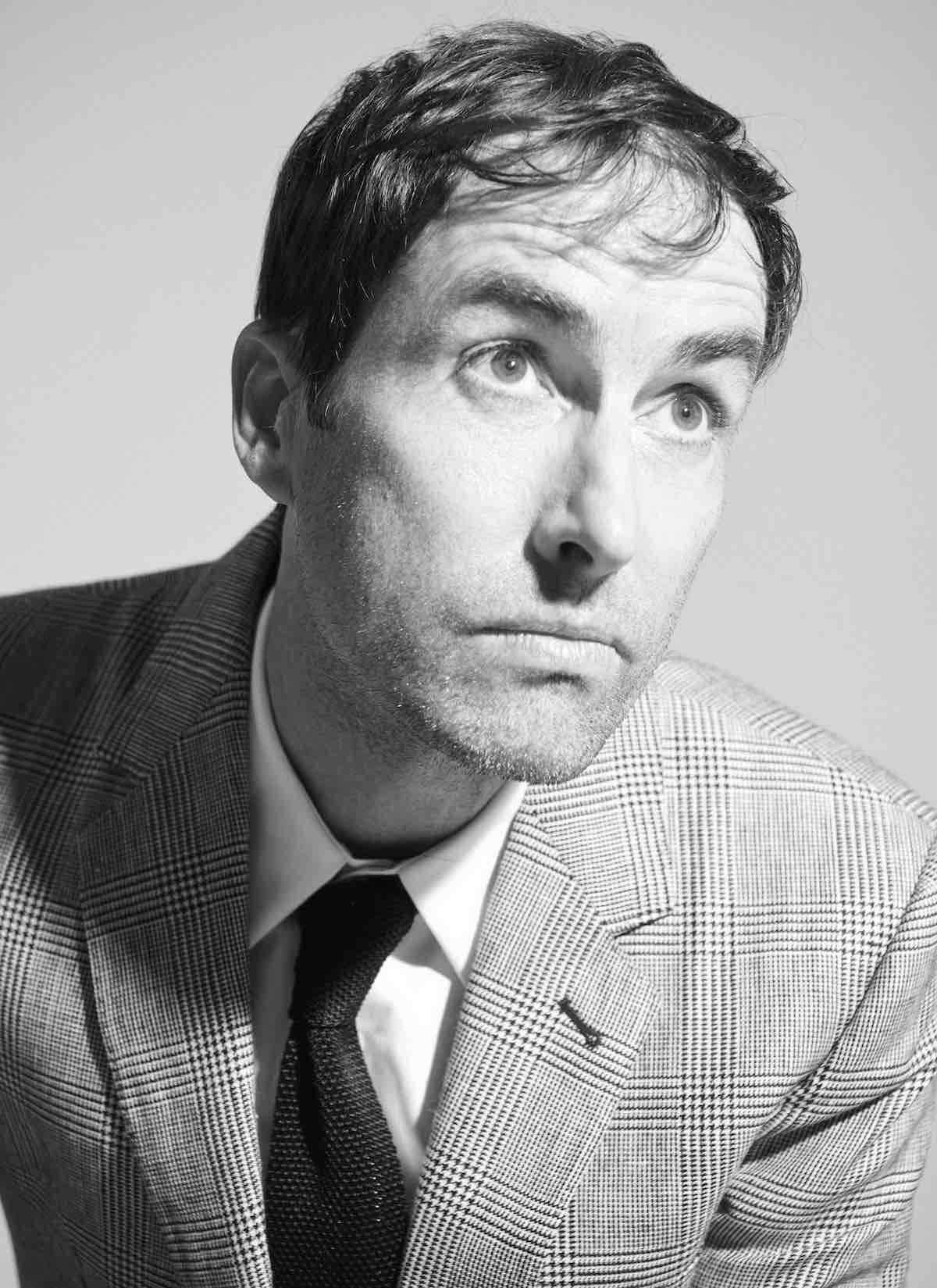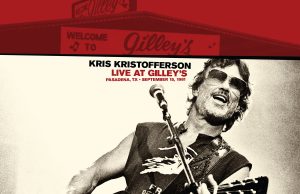THE EDITED PRESS RELEASE: “Andrew Bird’s Sunday Morning Put-On features Bird’s own unique takes on classic songs by Cole Porter, Duke Ellington, Lerner & Loewe, Rodgers & Hart and more. The record finds him re-immersed in a lifelong love of mid-century, small group jazz and the Great American Songbook.
Accompanied by a masterful rhythm section — Ted Poor on drums and Alan Hampton on bass — Sunday Morning Put-On marks the culmination of a passion that has been building within Bird for nearly 30 years. The music he interprets dates back to his formative encounters with the titans who have consciously and subliminally influenced his career, and all of its numerous changes and acclaimed chapters. Sonically and personally, Sunday Morning Put-On is unlike anything he has done before, and it begins with a trip through time:
“When I was in my 20s, I lived in an old apartment-hotel in the Edgewater neighborhood of Chicago,” Bird says. “It was cheap and inhabited mostly by retired Jesuit priests and nuns from nearby Loyola University. The gym had old Schwinn 10-speed bicycles up on cinder blocks for low-rent pelotons, an old swimming pool where they played opera, and the steam room was a clubhouse for the local Russian mob. Most Saturday nights I’d stay up listening to a radio show called Blues Before Sunrise on WBEZ from 12-4 am. The DJ, Steve Cushing, played old rare 78r pm records of blues, jazz and gospel.

“Then I’d sleep for a few hours and wake to Dick Buckley’s show, also on WBEZ, featuring what he called Golden Era jazz from the ’30s and ’40s. My love for a certain era of jazz up through the mid-20th century has been constant through many transmutations in my own work, the bulk of which is not jazz at all. Once I had some distance between myself and this time when I was under its spell, I wanted to immerse myself in it again.”
Produced by Bird and recorded completely live in southern California’s legendary Valentine Studios (Bing Crosby, Burl Ives, Beach Boys), Sunday Morning Put-On also features guitar from Jeff Parker and piano from Larry Goldings. But it is Bird’s voice and violin that reach new levels of depth, as he pushes himself further than ever as an improviser — particularly on the closing number and sole original, Ballon de Peut-etre. Across the album, through the interplay of his bow, strings, and the breaths of air flowing through his vocal cords, he mimics the phrasing and tone of a reed instrument. Playing his violin like a horn and singing much more than he expected, he hones a virtuosity that was always present on his previous records, but rises prominently to the forefront with added layers of prowess and longing.”








































